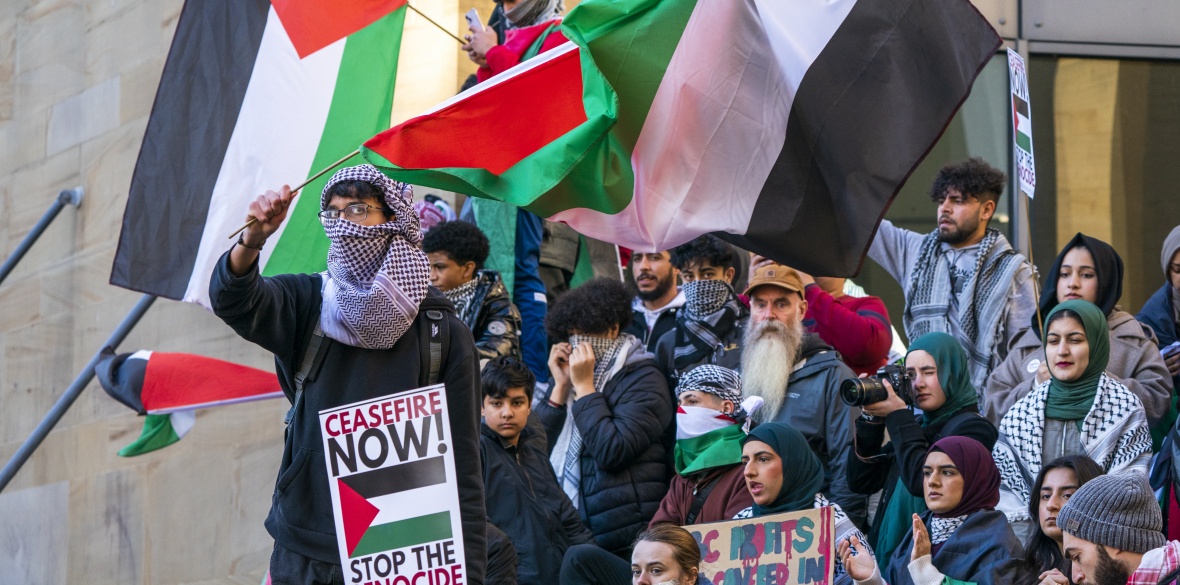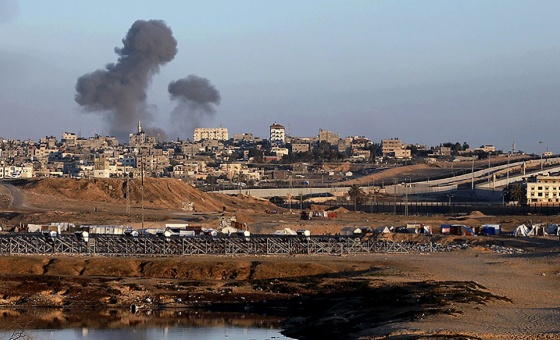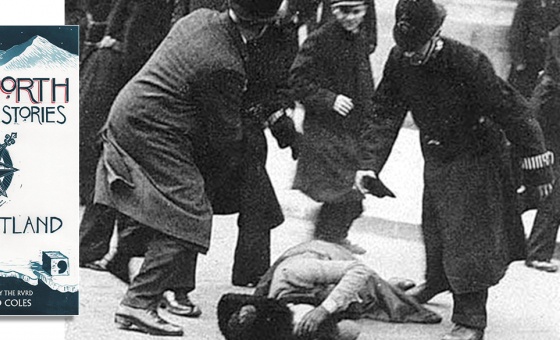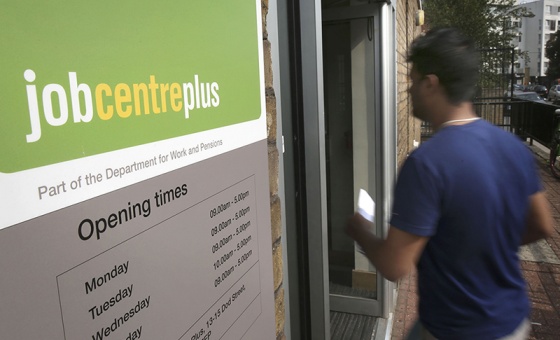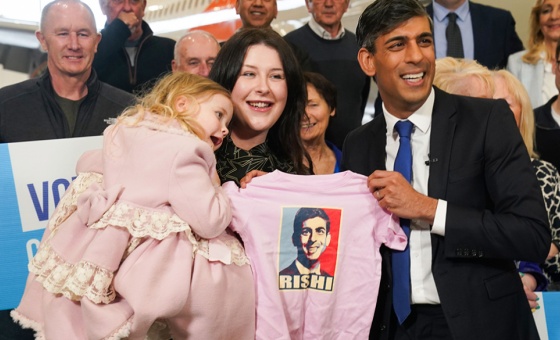This is the last article you can read this month
You can read more article this month
You can read more articles this month
Sorry your limit is up for this month
Reset on:
Please help support the Morning Star by subscribing here
IN NOVEMBER 2022 the foundation stone of Gaza’s first-ever boxing centre for girls was laid in a ceremony that was attended by, among others, proprietor and head coach Osama Ayoub and International Boxing Association president Umar Kremlev.
At the ceremony, Kremlev announced: “This centre will become an international boxing academy, where competitions and training for athletes as well as education of coaches and referees and judges will take place. I want kids of Palestine to train free of charge and develop themselves as boxers. We will invest in the construction of this academy, and the whole boxing family will be happy to proudly make it happen.”
Named the Palestine Boxing Centre, the new purpose-built facility opened its doors in January 2023. For Ayoub it was a dream come true, marking the culmination of a journey which began five years prior when he began training just two girls in a tiny garage. When more girls came he began training them on the beach or in private rented spaces, before finally moving into the new building permanently.
One of the girls trained by Ayoub is 15-year-old Farah Abu Al-Qomsan. She took up boxing at age nine and said in an interview to mark the opening of the centre: “We used to train in a small garage. Now we train according to the full rules and release bad energy.”
According to Ayoub around 40 girls were being trained by him at the time of the opening of his new facility. It boasted, he proudly announced, a full size ring, plenty of equipment and posters of various boxing stars and legends, such as Mike Tyson, up on the walls for added inspiration.
“The girls are ready,” he declared to Reuters in January. “I trained them hard for five years. We are setting an example.”
As to what the future may have in store for some of the girls training at the centre in the sport, Farah Abu Al-Qomsan was in no doubt: “My ambition is to represent my Palestinian people and take part in world championships.”
Sadly, at this writing, there is a high chance that the Palestine Boxing Centre has been reduced to rubble and that 15-year-old Farah, her coach Osama Ayoub, along with many of the other girls who trained there as an escape from the depredations of the Israeli occupation, are now either dead or seriously wounded during the course of the killing rage visited upon Gaza by the Israeli military.
The current horrific situation in Gaza aside, reaching back in time the sport of boxing was first introduced to Palestine by the British army during the Mandate years, starting in the early 1920s. The first Arab club in Palestine to adopt boxing was the Orthodox club in Jaffa in 1924. Athletes at this club competed with Jewish boxers from the Maccabee (Jewish sports organisation), located in west Jerusalem. Interestingly, the Jewish Maccabee movement began in 1895, when sports clubs were established in Jewish communities across Central and Eastern Europe. The first of these opened in Constantinople (Istanbul) in Turkey that same year. Named the Jewish Sports Club, it was founded by expatriate Jews from Europe who were denied membership of native similar clubs on grounds of anti-semitism.
In 1932 the Society of Refinement and Charity (Jam’yyat at-Tahthib wal Muwasa) was founded in Haifa. This organisation promoted boxing as a sport which taught self-discipline and self-respect among young Palestinian men. The sport’s popularity began to spread to the point that more boxing gyms and clubs opened up across the whole of Mandate Palestine in cities such as Haifa, Jaffa, Jerusalem and Ramallah.
Palestine’s most illustrious fighter of that period was a man by the name of Adib al-Dasuqi. Born in Jaffa in 1914 Dasuqi’s life took in the seismic events that marked the lives and futures of Palestinians after the first world war. He was undefeated in the ring by the time he took part in the Arab Revolt of 1936-39 against the British Mandate authorities and the creeping zionist colonisation of Palestine. He was arrested by the British for his participation in the revolt, along with his father and his brother.
Later Dasuqi recounted: “One day when the battles in Jaffa have been intensified, Sheikh Hasan Salame who was moving between the fronts saw me while I was fighting with some mujahidin. He told me, and I quote: ‘Adib, we have thousands who can carry rifles and bombs, but we don’t have anyone who can carry boxing gloves and represent Palestine. Tomorrow you have to travel to Egypt to the Mufti [Haj Amin al-Husseini] to work in your domain [boxing]’.”
In September 1937, Dasuqi competed against Syrian champion Mustafa al-Arna’ut in Jaffa. Dasuqi won a close fight and they fought each other again the following year in Beirut. This time the contest ended in a draw. In late 1940 Dasuqi and Mazin, by now close friends, decided to establish their own boxing club, which is how the Jaffa Olympic Institute [al Ma’had al Olombi] came into being.
In a 2014 piece on the legacy of the Jaffa Olympic Institute, writer and historian Issam Khalidi reveals that in 1941 a member of Jaffa’s Municipality visited the facility and was impressed by what he saw there: “I was invited yesterday with a group of friends to visit the Jaffa Olympic Institute. It is an institute which specialises in teaching the youth the principles of boxing. It is obvious that the popularity of Mr Adib al-Dasuqi in boxing went beyond Palestine and reached all neighbouring Arab countries.”
That boxing is a universal language is confirmed by the fact that in March 1941 a boxing event took place for the benefit of the British Red Cross in Jaffa. Adib al-Dasuqi was among the Arab fighters taking part and they fought boxers representing the British Army, the Palestinian Police, the Jewish Maccabee and Hapoel from Tel Aviv, which later morphed in Hapoel FC.
Dasuqi’s attempt to have a Palestine boxing team participate in the 1948 London Olympics was thwarted in 1945 by an Arab Higher Committee which failed to recognise the ideological and national importance of such an eventuality, and which refused to provide Dasuqi with the requisite backing.
In 1948 Dasuqi took part in the war against the ethnic cleansing of Palestine by zionist forces. He was part of a Palestinian battalion fighting under Egyptian military command. Even so, he still found time to participate in boxing events in Cairo. Any money raised from such bouts he donated to the Palestinian families of those killed in the conflict.
After the war, Dasuqi moved to Baghdad, where he worked as a physical education teacher and boxing coach. Thereafter he enjoyed spells in Syria, Jordan and Kuwait. In 1961 he challenged then world heavyweight champion Floyd Patterson, who seemingly responded that though he would be prepared to fight Dasuqi, he would not do so in Jordan as he does not like to sleep in a tent.
Adib al-Dasuqi died in Amman in 1996 at age 82. Of such courage and such resilience nations are forged and a people liberated. Free Palestine.

